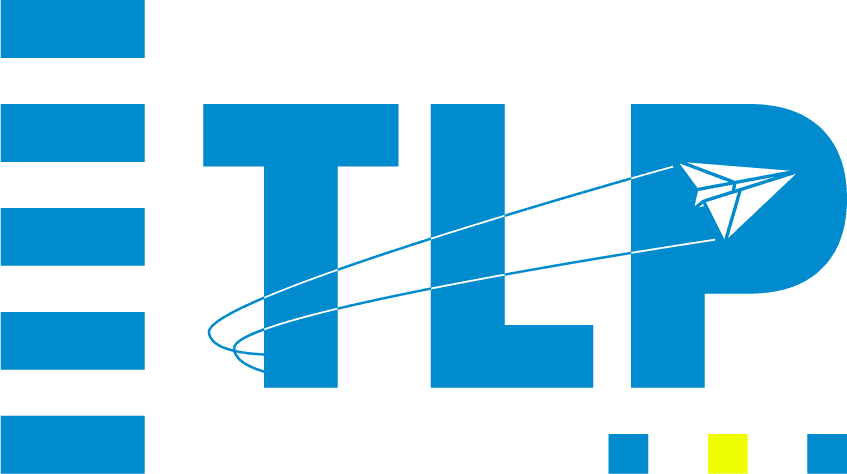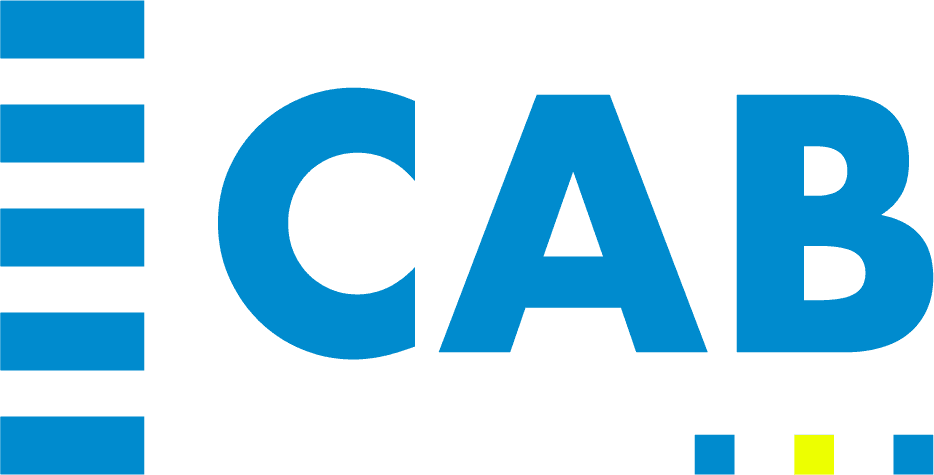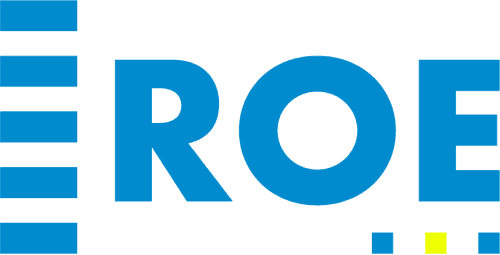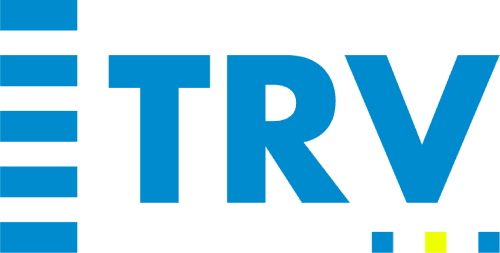
Most people measure performance through numbers like sales, profit, and customer satisfaction scores. Those matter, sure. But there’s another side we often overlook: how we’re actually doing as people.
Every week, I get a small reminder from my calendar asking me to check in on my “personal metrics.” It’s simple. I rate how I’m doing personally, professionally, and physically, then note what I want my day to look like and what’s going well.
That quick reflection changes everything because measuring performance doesn’t just mean looking at output or results. You need to track your whole self…your energy, your focus, and your well-being.
The Problem with Traditional Metrics
Traditional metrics measure success through numbers on a spreadsheet. Some common ones are profit, output, and efficiency.
It’s clean and easy to track, but it misses what really drives performance: people. When stress builds up or burnout sets in, those numbers start to lose meaning.
Let’s look at it in aviation terms. A plane might cover thousands of miles, but if the crew’s exhausted, it’s an accident waiting to happen. The same goes for any team. You can hit every target and still run on empty.
A study found that 77% of employees feel burned out in their current jobs. It’s a clear sign that traditional metrics don’t tell the whole story.
If you’re measuring productivity without checking the human side of the equation, you’re flying blind.
Personal Metrics: A Better Way
I’ve found an alternative to traditional metrics. I call them by personal metrics.
Every week, a reminder pops up on my calendar asking for my personal metrics. It’s short, but it’s become one of the most valuable habits I’ve built.
I rate myself on the following questions.
How am I doing personally? (1-5)
How am I doing professionally? (1-5)
How am I doing physically? (1-5)
What do I WANT today to look like?
What’s going WELL?
That’s it. Five prompts that help me pause and actually see where I stand.
Some weeks, I realize I’m thriving professionally but running on fumes physically. Other times, I notice that my personal life feels light and full, which gives me more energy to show up at work.
This quick self-check keeps things balanced. It helps me bypass the brain’s negativity bias, that tendency to focus on what’s wrong, by forcing me to name what’s right. It also builds intentional focus, because I’m not drifting through the week; I’m choosing how I want it to feel.
The American Psychological Association (APA) found that reflective journaling can lower stress and improve performance. This simple habit works in the same way. It turns reflection into a routine, not a reaction.
How Self-Tracking Improves Performance
Tracking yourself sounds boring at first, like something only a data nerd would enjoy. But you’re not just playing with numbers. You’re becoming more aware.
When you stop for a few minutes to rate how you’re doing, you start noticing patterns. You realize stress doesn’t just “appear.” It builds quietly when you push deadlines or forget what you actually enjoy about your work.
Also, if you don’t track yourself, you risk getting stuck in the same place. English anthropologist Thomas Henry Huxley advised against this over a century ago, ‘’The rung of a ladder was never meant to rest upon, but only to hold a man's foot long enough to enable him to put the other somewhat higher.’’
The more aware you are, the more you can change how you show up. You can spot what drains you and what fuels you, then shift accordingly.
Suddenly, wellness isn’t this fluffy idea sitting off to the side. It becomes a performance driver.
Another big piece? You start celebrating the tiny wins. A tough conversation handled well. A workout you didn’t skip or a project finished on time.
These moments build motivation the same way checklists keep pilots sharp. Before every flight, pilots review what’s working, what’s ready, and what needs attention.
You can do the same with your own life.
Practical Steps for Measuring Your Performance
Once you start viewing performance as more than numbers on a report, the next step is to make it a habit. I use these steps to do this regularly.
Schedule Weekly Self-Checks
Set a recurring reminder, like a standing appointment with yourself. You can just use my calendar prompt. Or set a reminder on your phone.
Treat it like a flight checklist before takeoff. You’ll start noticing trends before burnout sneaks in, which helps you course-correct early instead of reacting too late.
Track Personal + Professional Metrics Together
Most people separate “life” and “work” like two competing worlds. But they feed into each other constantly.
When you track both together, you get a full picture. You can see how much you’ve achieved and how you’re holding up.
It also prevents tunnel vision. Maybe you’d notice that low motivation at work is coming from personal stress, not poor discipline. Once you know the issue, you can go ahead and resolve it.
Celebrate Wins
It’s easy to rush past progress and focus on what’s left undone. But you need to take a pause and celebrate your small wins. Harvard reports that celebrating small accomplishments improves self-esteem and confidence.
It’s quite simple. Write down what’s going well. Get yourself a celebratory coffee. Order takeout.
It’s a small act, but it flips the narrative from I’m behind to I’m building momentum.
Share With Teams (Optional)
If you manage a team, encourage them to try this too. Peer check-ins can create accountability without pressure. I’m talking more “How are you holding up?” and less “What did you finish?”
A quick five-minute check-in during a team meeting can do wonders. Ask each person to rate how they’re doing personally, professionally, and physically that week…no explanations needed unless they want to share.
It’s not therapy; simply awareness.
Use the Metrics That Truly Matter
I’m aware that KPIs are a huge thing in the corporate world. We all tend to get inspired by them and measure ourselves on an efficiency or productivity scale.
But what about how you’re doing as a person while chasing those goals? That’s what my personal metrics measure.
You need to rate your health and happiness with the same care you give your deadlines. It will definitely make you feel better.
Sources
HBR: ‘’When Your Employee Tells You They’re Burned Out.’’ Accessed 10/06/2025.
APA: ‘’Speaking of Psychology: Expressive writing can help your mental health, with James Pennebaker.’’ Accessed 10/06/2025.
Harvard Summer School: ‘’Why Celebrating Small Wins Matters.’’ Accessed 10/06/2025.

Article by
Founder, Think Like a Pilot & GBM6
Bobby Dutton is a professional speaker, entrepreneur, and philanthropist. He's also a licensed commercial pilot and flight instructor -- for fun. Thriving at the intersection of engineering and art, Dutton created GrooveBoston in 2004, built on the statement "Music is No Longer a Spectator Sport." His team (now called GBM6) is about making people happy, through legendary events. Bobby's pioneering work on event design has won him awards internationally, and he was voted one of the "Top 25 Young Event Pros to Watch" by Special Events Magazine. After 20+ years of navigating high-stress situations as a business owner and event producer, Bobby found calm in an unlikely place: in the sky. He now teaches these aviation-inspired decision-making tools to thousands through events, keynotes, and workshops.









